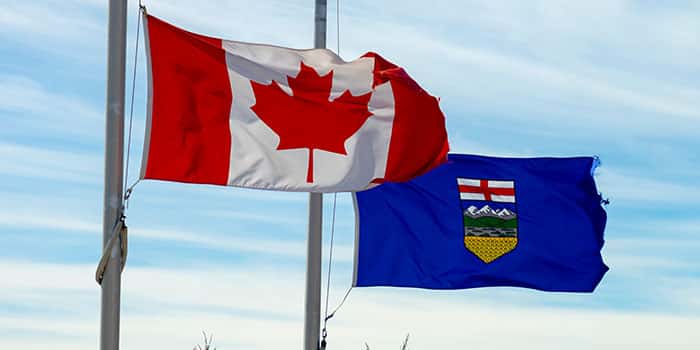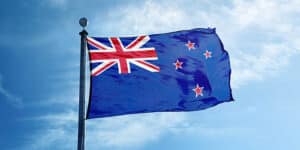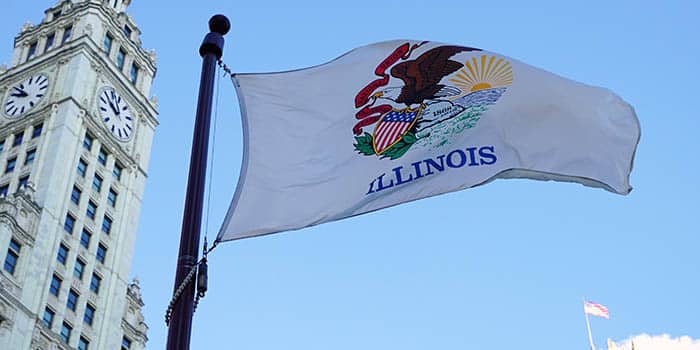Fact-checked by Angel Hristov
UK White Labels Are Under Scrutiny, But They Play an Important Role
The model has its critics, but despite a recent crackdown, white-label licensing remains a vital part of the UK’s regulatory framework, argues Grace Media Head of Revenue and Partnerships Chris Prentice

The recent exit of TGP Europe from the UK gambling market has cast a fresh spotlight on the white-label licensing model, and it is not particularly flattering.
Following a £3.3 million penalty issued by the Gambling Commission for failures across anti-money laundering and due diligence, TGP chose to give up its licence rather than make the necessary improvements to continue trading.
Given the scale of the failings, the regulator’s action was both justified and necessary.
But while the headlines have been quick to link its departure from the UK to a broader criticism of white-label licensing, I’d argue that’s an oversimplification.
The truth is that the system worked exactly as intended. A licence holder failed to meet its regulatory obligations and was penalised accordingly.
That isn’t an argument against white-labels. It’s an argument for continued accountability. I hope it is something the UK’s Gambling Minister, Baroness Twycross, considers as the government investigates the model.
Let’s not forget that many UK operators, white-label or not, have been subject to similar enforcement action when found in breach of licence conditions.
When it comes to player protection, anti-money laundering, or due diligence, the rules are non-negotiable. Fail to meet them, and there are consequences.
But the model itself should not be vilified simply because one participant chose not to uphold its responsibilities.
White Labels Done Right
In fact, white-label arrangements, when run responsibly, remain a vital part of the UK’s gambling ecosystem.
They allow new, disruptive brands to enter the market quickly and compliantly by partnering with experienced license holders who understand the regulatory terrain.
We’ve seen a handful of exciting new entrants take the white-label route into the UK market over recent years, going on to operate at the high standards expected in the country.
Without such a path, it’s likely that many up-and-coming brands, particularly those with limited regulatory experience, would simply avoid the UK altogether due to the complexity and cost of licensing.
Done right, white-label partnerships are not shortcuts, but rather strategic partnerships that bring agility, creativity, and fresh competition to the industry.
They enable marketing-led or product-focused startups to focus on what they do best, while leaning on an established partner to handle the crucial compliance infrastructure.
In fact, the best white-label providers go far beyond the minimum requirements, offering robust frameworks for responsible gambling, player verification, anti-fraud, and AML processes. This is absolutely not about sweeping those responsibilities under the rug, as is sometimes implied.
There’s also a broader industry benefit. White-label models lower the barrier to entry, fostering competition and encouraging innovation in a sector where big names can often dominate through sheer market share.
From a consumer perspective, more brands mean more choice and a higher likelihood of finding products tailored to different preferences and user experiences. From an industry perspective, it keeps the ecosystem dynamic and diverse.
The solution isn’t to do away with white labels altogether. It’s to continue to enforce the existing rules rigorously and ensure only reliable, responsible operators are allowed to offer such partnerships.
Let’s not throw out a system that has enabled many legitimate, well-run brands to enter the UK market simply because one failed to meet expectations.
Instead, let’s double down on what works. I’m talking about a robust, fair, and well-regulated market, where every operator, white-label or not, is held to the same high standards.
With the right checks, the right partners, and the right enforcement, the system can continue to play an important role in shaping a safe, dynamic, and compliant gambling market in the UK.
Jerome brings a wealth of journalistic experience within the iGaming sector. His interest in the industry began after graduating from college, where he regularly participated in local poker tournaments. This exposure led him to the growing popularity of online poker and casino rooms. Jerome now channels all the knowledge he's accrued to fuel his passion for journalism, providing our team with the latest scoops online.

















